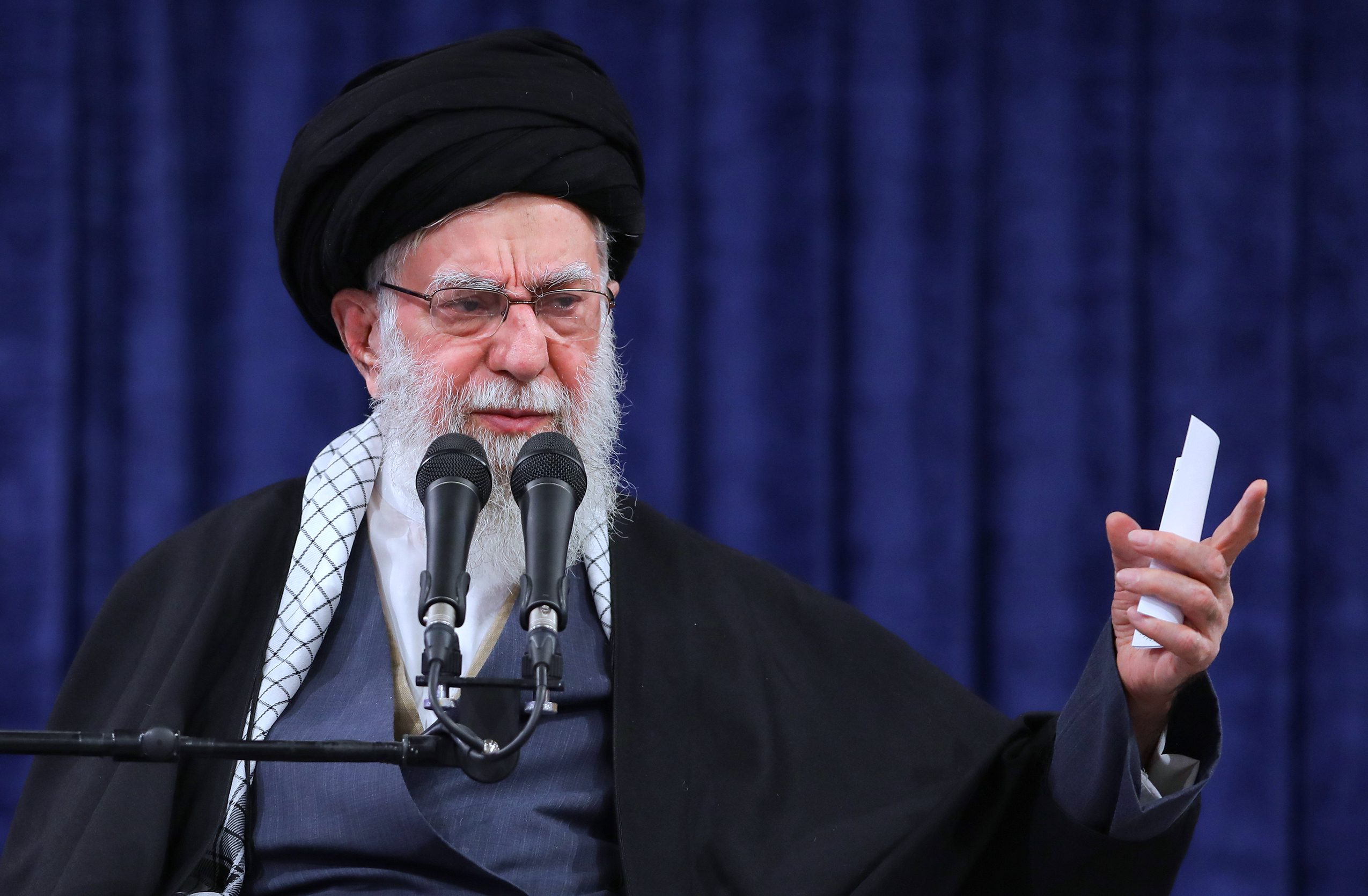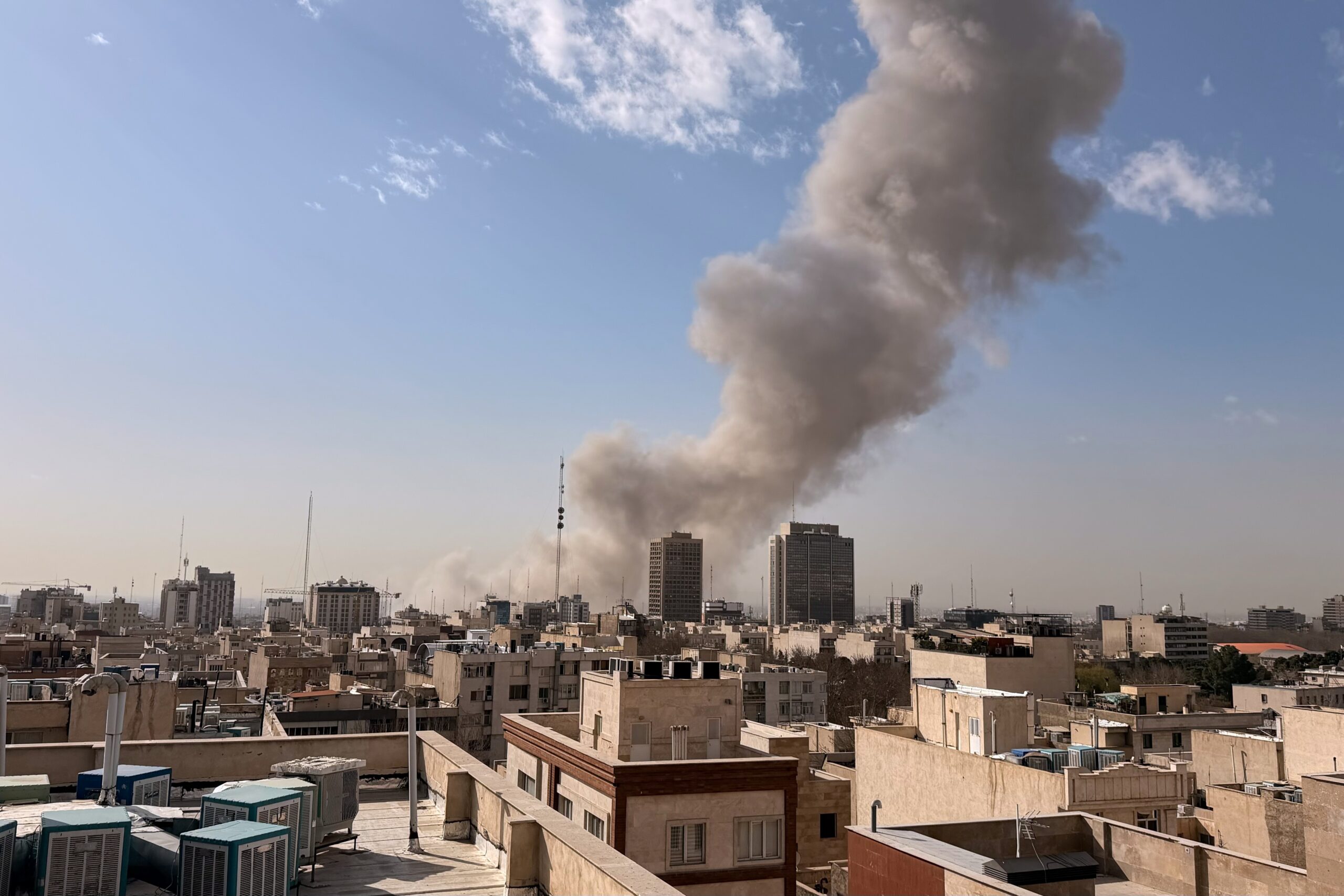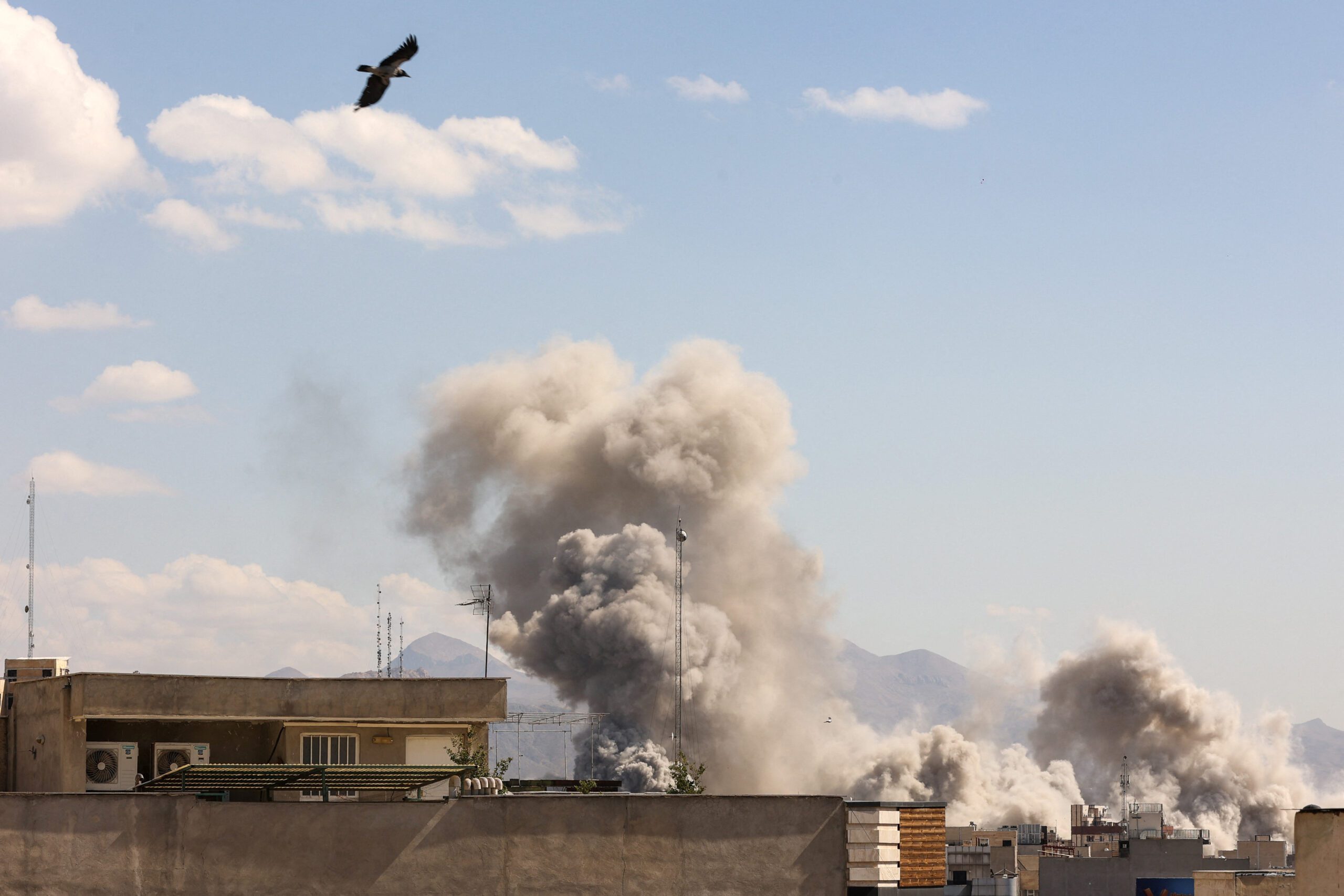Aug 25, 2023
IRGC Media Cautiously Optimistic Regarding the Iran-U.S. Agreement
When it comes to diplomatic agreements between Iran and the United States, mouthpieces of the Islamic Revolutionary Guard Corps are seldom positive and reformist media outlets are seldom negative. However, in the wake of the prisoner exchange agreement the Cabinet of IRGC protégé President Ebrahim Raisi reached with the United States, IRGC media outlets have...
When it comes to diplomatic agreements between Iran and the United States, mouthpieces of the Islamic Revolutionary Guard Corps are seldom positive and reformist media outlets are seldom negative. However, in the wake of the prisoner exchange agreement the Cabinet of IRGC protégé President Ebrahim Raisi reached with the United States, IRGC media outlets have expressed cautious optimism, while reformist outlets have expressed pessimistic concern.
- August 17: According to the London-based and reportedly Qatari-owned New Arab, during a visit to Iraq, Brigadier General Ismail Qaani, Quds Force commander, urged Iraqi militias not to attack U.S.-led coalition forces.
- August 20: Nasr-Allah Ebrahimi, an associate professor at Tehran University, argued in a lengthy essay in IRGC mouthpiece Javan newspaper: “Since its defeat in the unrest,” referencing anti-regime protests following the September 2022 death of Mahsa Amini, “the diplomatic machinery of the United States realized it lacked the means to dictate its demands to the Islamic Republic of Iran. Therefore, the United States of America, in a logical turnaround and by retreating from its previous positions, accepted freeing some Iranians incarcerated in the United States in return for the release of some prisoners in Iran. It also agreed to release $6 billion worth of Iranian assets frozen in South Korea, along with a considerable amount of Iranian assets in the Iraqi TBI bank.” Ebrahimi concluded by urging Iran to prepare legal countermeasures in case the United States reneges on its commitments.
- August 21: Under the headline “Policy of Ambiguity, Washington’s Tactic,” Hanif Ghaffari, a columnist for the IRGC’s Sobh-e Sadeq weekly, presented recommendations to Raisi’s Cabinet: “In any understanding or agreement, what our country receives must quantitatively exceed our concessions … Next, the solid nuclear infrastructure of our country … should not be done away with … The return of International Atomic Energy Organization monitoring must be conditioned on the operationalization of” the Joint Comprehensive Plan of Action nuclear deal.
- August 22: Abou Al-Qassem Delfi, Iran’s former ambassador to France, commenting on the Iran-U.S. agreement in an interview with reformist Shargh Daily, said: “For the time being … Iran and the United States do not appear to have reached a comprehensive agreement … However, the Raisi Cabinet indeed appears to be interested in reaching a more comprehensive agreement since an agreement is needed under the current diplomatic and economic circumstances, with particular attention to the livelihood of the people … The Cabinet of President Hassan Rouhani managed to free $20 billion to $22 billion of its frozen assets abroad. But the Raisi Cabinet, after wasting two long years, only led to the release of $6 billion, in return for which we not only must release five dual national prisoners but, according to some media reports, must also accept some other conditions … Had the Rouhani Cabinet managed to revive the JCPOA, we would not only have freed Iran’s frozen assets but would also have engaged in the free exportation of oil – but this unfortunately did not materialize.” Asked about the deployment of additional U.S. forces in the region, Delfi said: “The United States is trying to impose its demands on Iran.” He continued, President Joseph R. Biden Jr. “finds himself in complicated circumstances, and his behavior reflects that complexity: On the one hand, reaching an agreement with Iran … and on the other hand, deploying forces to attract the support of the Israel lobby in America prior to the presidential election.”
The views represented herein are the author's or speaker's own and do not necessarily reflect the views of AGSI, its staff, or its board of directors.


















